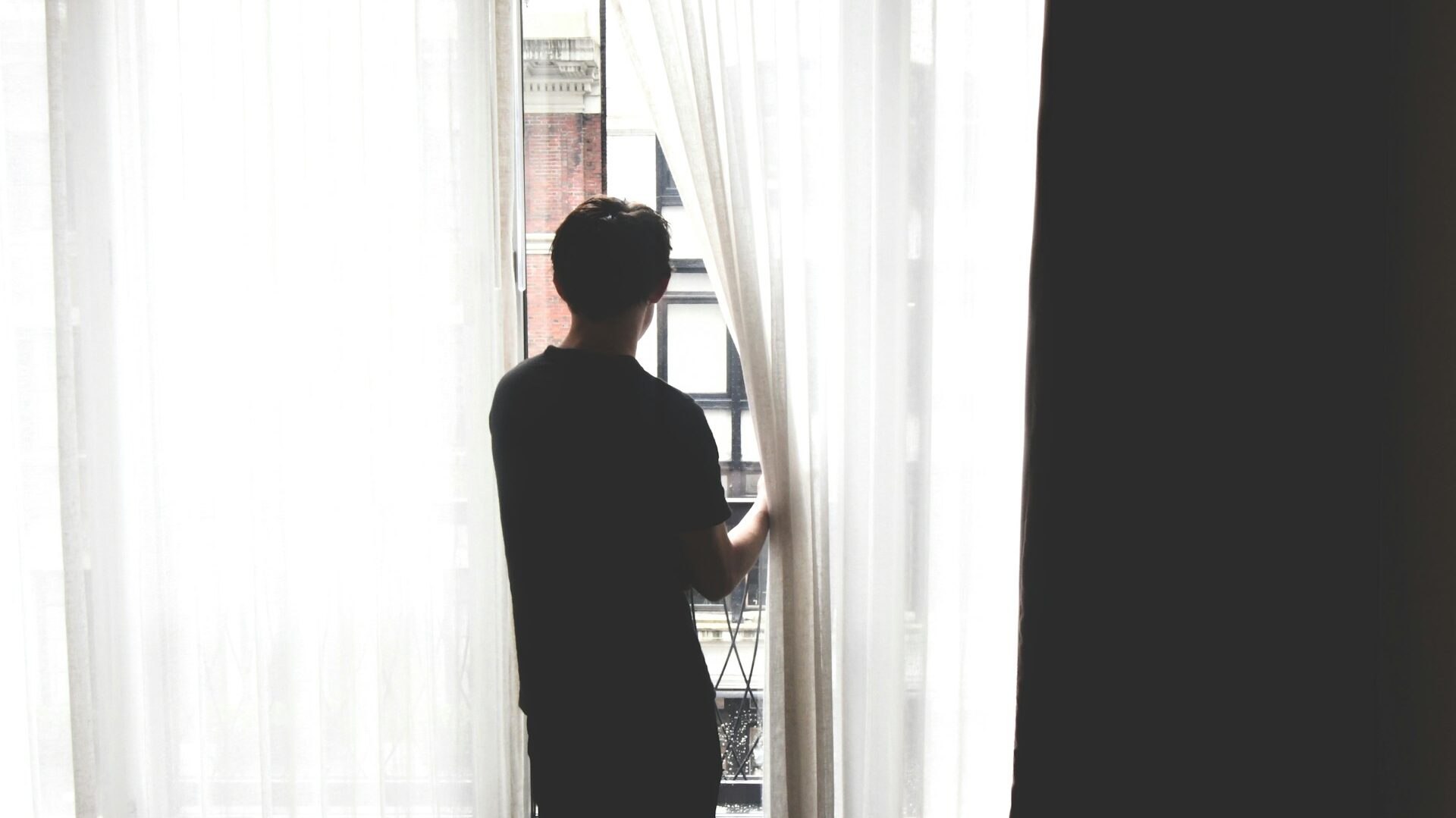The global pandemic brought sweeping changes to our lives, challenging the way we work, socialize, and even think about our daily routines. For many, the sudden shift to isolation was a shock to the system, but for introverts, the experience was uniquely different. While extroverts struggled with the lack of social interaction, introverts found themselves navigating the quiet solitude in ways that were both comforting and challenging.
Embracing the Quiet: A Retreat into Solitude
For introverts, the sudden need for quarantine and social distancing offered a rare opportunity to retreat into their inner worlds. Away from the constant buzz of social obligations, many introverts found solace in the quiet. This period allowed them to engage in activities they love, like reading, writing, or simply reflecting, without the pressure to be constantly available.

Introverts are known for their love of solitude, and the pandemic created an environment where solitude was not only accepted but encouraged. The quiet quarantine allowed introverts to recharge their energy without the guilt that often accompanies the need to withdraw from social situations. For many, this period was a welcome respite from the overstimulation of the outside world.
The Challenge of Prolonged Isolation: Not All Silence is Golden
However, even for introverts, the prolonged isolation was not without its challenges. While introverts typically prefer smaller social circles and quieter environments, the extended period of quarantine led to a deeper sense of loneliness for some. Human connection, even in small doses, is essential for mental health, and the lack of face-to-face interaction took a toll on many introverts.
Loneliness is not the absence of company, but the absence of connection.
Robin Sharma

The virtual world became a double-edged sword. On one hand, introverts appreciated the ability to connect with others from the comfort of their own homes, without the need for large gatherings. On the other hand, the over-reliance on digital communication left some feeling disconnected and overwhelmed by the constant barrage of online meetings and virtual social events.
Work-Life Balance: A Mixed Blessing
The shift to remote work was another aspect of the pandemic that had a mixed impact on introverts. For some, working from home was a dream come true. The ability to focus on tasks without the distractions of an open office environment allowed introverts to thrive in their work. The flexibility to manage their own schedules and the elimination of the exhausting daily commute were also significant benefits.

However, the blurring of lines between work and personal life became a source of stress for many introverts. The expectation to be constantly available, combined with the lack of a clear boundary between work hours and personal time, made it difficult to truly disconnect. Introverts who value their downtime found it challenging to maintain the balance they need to recharge. For more tips on how to navigate these challenges, read The Introvert’s Guide to Remote Work: Strategies for Success.
The Rediscovery of Simple Joys
One of the silver linings of the pandemic for introverts was the opportunity to rediscover simple joys. With the fast pace of life slowed down, introverts found time to engage in hobbies and activities that bring them peace and fulfillment. Whether it was gardening, painting, cooking, or simply enjoying a quiet cup of tea, these small moments of joy became a source of comfort.
It’s the simple things in life that are the most extraordinary.
Paulo Coelho

The pandemic also encouraged introverts to embrace mindfulness and self-care. With fewer external distractions, many introverts turned inward, reflecting on their values, goals, and what truly matters to them. This period of introspection led to personal growth and a deeper understanding of their own needs and desires.
The Future of Social Interaction: A New Normal?
As the world slowly returns to normal, the experience of the pandemic has left a lasting impact on how introverts view social interaction. The enforced solitude allowed many introverts to realize that they do not need to conform to society’s expectations of constant social engagement. Instead, they have become more selective about the people they choose to spend time with and the activities they participate in.

The pandemic also highlighted the importance of setting boundaries. Introverts have learned to prioritize their own well-being, understanding that it is okay to say no to social events that drain their energy. As we move forward, introverts are likely to continue embracing a lifestyle that aligns with their natural preferences, seeking out meaningful connections while maintaining the solitude they cherish.
To Summarize: A Unique Journey Through the Pandemic: A Unique Journey Through the Pandemic

The pandemic has been a unique experience for everyone, but introverts have navigated this time in their own distinct way. While the quiet quarantine offered a retreat into solitude and the chance to recharge, it also brought challenges in the form of prolonged isolation and the blurring of work-life boundaries. However, the experience has also led to personal growth, a rediscovery of simple joys, and a renewed commitment to living authentically.
As we emerge from this period of uncertainty, introverts carry with them the lessons learned during the quiet quarantine. They have discovered the strength in solitude, the importance of setting boundaries, and the value of living a life that honors their true selves. The world may have changed, but introverts are now better equipped to navigate it on their own terms.
